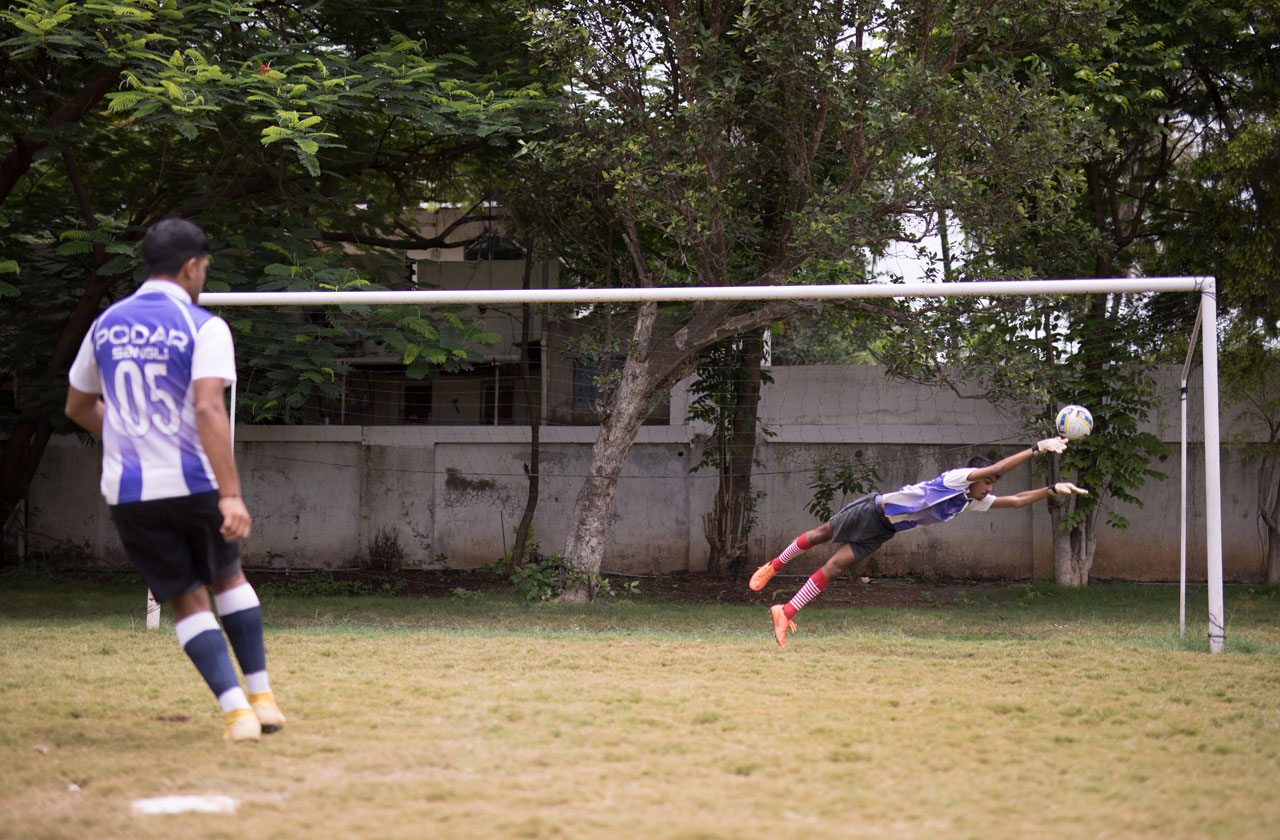The Right Way to Balance Cultural Activities-Sports with Education
The best way to enjoy school life is by partaking in everything it has to offer. Most educational institutes focus on all kinds of extra-curricular activities such as sports, music, art, reading, travelling and so on. You want your kid to experience it all and master other essential skills so they never feel left out. However, the key is to efficiently maintain a balance between academics and extracurricular activities without causing students to burn out. You don't want your little one to go to bed every evening exhausted, dreading school the next day and never having enough time to play. A little bit of planning and communication can help make balancing school life much easier.
Importance of Extra-Curricular Activities in a Student's Life
The importance of extra-curricular activities in a student's life cannot be underestimated. They can help your kids disengage and pick up a new skill along the way. Moreover, these skills can be honed over time and used to guide their professional decisions in the future. They can grow up to be smarter, more confident and more social adults having had plenty of exposure in their childhood. Generally, there are some activities that offer disengagement and participation while others that help essential life skills that can be put on a resume. The best way to balance it out is to pick those that offer both.
How to balance cultural activities/sports with academics?
Have a goal
As children go up, they tend to display certain signs of inclination to particular activities. You can encourage these and then consider co-curricular activities. Your kids do not need to have a thousand and one different skills in their resumes or applications. Mastering any one skill well is enough to set them apart. So have a goal for your child and keep communicating with them as they grow up. It does not need to be rigid, but it can help you guide your choices. For example, most universities consider excellence in sports as an added benefit and most organisations hire individuals who can speak more than two languages. So it makes sense to pick at least one of these skills to start with.
Get picky
The first thing to do when you start planning co-curricular activities is to prioritise a few. It is easy to want it all, but it can cause emotional and mental distress in your child. The best way to go about this is to pick a sport and one other activity that helps build a particular skill. Oration, coding, abacus, and music are some examples. You can always switch to a different one if your child does not seem to be enjoying it or has managed to learn it well. Although, sports should be non-negotiables since they encourage healthy teamwork and offer an emotional outlet for your child.
Design a schedule
Since academics are your priority, it is best to schedule everything else around school times. See if the co-curricular activities that you have planned for your child are offered in the school itself. This can reduce any time required for a commute. Apart from that, schedule a couple of hours every day for a break after school, some play time and revision or homework. For instance, if you are lost about how to balance school and sports during the week, consider late evening slots on Sundays. This way, neither of you will have to sacrifice a holiday.
Create a flexible but healthy lifestyle
Your child does not need to be "on the go" at all times. Allow them to sit out a school day or a sports practice if they do not feel up for it. Apart from that, unhealthy meals that include processed foods or other junk foods can easily affect a child's motivation and energy levels. Hence plan their schedules accordingly (ideally 8-9 hours of sleep for children) so they do not feel groggy or tired all the time.
As a parent, if you worry about how to balance between study and play, you are not alone. The dilemma is one that can only be solved with patience. The importance of co-curricular activities cannot be dismissed but the same can be said for academics as well. Start slow, pick 1-2 activities and prepare a schedule. Ensure that your child follows a healthy lifestyle and does not end up sacrificing sleep. A little trial and error can help you figure out what works and what does not for your little superstar.
share this blog
Topics

